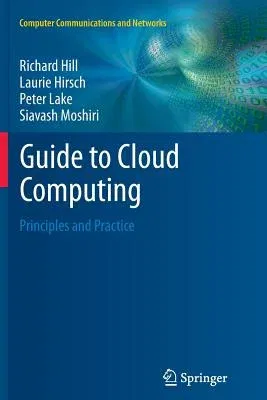Cloud computing platforms can allow organizations to become more
efficient and more responsive to users of both internal and external
systems, yet a clear understanding is needed in order to separate the
facts from the hype behind this new and rapidly expanding area.
This Guide to Cloud Computing describes the landscape of cloud
computing from first principles, leading the reader step-by-step through
the process of building and configuring a cloud environment. The book
not only considers the technologies for designing and creating cloud
computing platforms, but also the business models and frameworks in
real-world implementation of cloud platforms. Emphasis is placed on
"learning by doing," and readers are encouraged to experiment with a
range of different tools and approaches.
Topics and features: includes review questions, hands-on exercises,
study activities and discussion topics throughout the text; describes
the key technologies involved in cloud computing; explores the use of
cloud computing in business environments; demonstrates the approaches
used to build cloud computing infrastructures; reviews the social,
economic, and political aspects of the on-going growth in cloud
computing use; discusses legal and security concerns in cloud computing;
examines techniques for the appraisal of financial investment into cloud
computing; identifies areas for further research within this
rapidly-moving field.
This easy-to-follow and highly practical textbook/guide is an invaluable
resource for advanced undergraduate and postgraduate students of
software engineering, computer networking and related courses. The
extensive worked examples will also appeal greatly to researchers, IT
infrastructure technicians and application developers.


